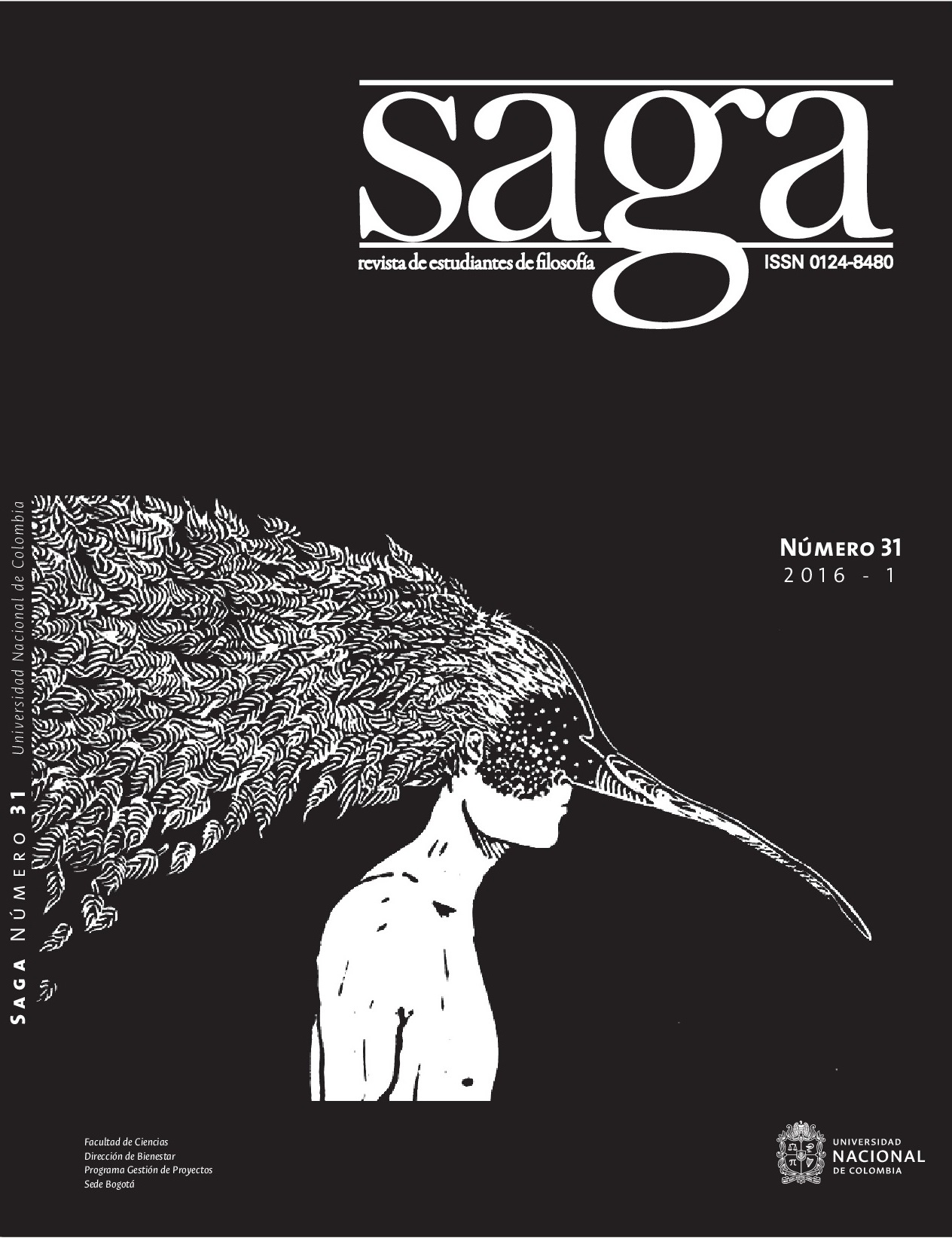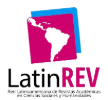El estatus ficcional de los modelos científicos: un punto intermedio
The fictional status of scientific models: a middle ground
Palabras clave:
Entidades, Ficción, Modelos, Realismo, Representación. (es)Entities, Fiction, Models, Realism, Representation. (en)
Descargas
En este trabajo, nos proponemos tomar el concepto de ‘modelo científico’ y analizar en qué medida puede tomarse como una ficción. Presentamos dos visiones opuestas, donde se afirma, por un lado, que los modelos son enteramente ficcionales y, por el otro, que los modelos no han de ser considerados como ficciones. En cuanto a la primera concepción, tomamos los argumentos de Arthur Fine. Él publicó, en 1993, un artículo seminal bajo el nombre de “Ficcionalismo”, donde retoma la filosofía del ‘como si’ de Vaihinger. Dicho texto se considera clave en el debate acerca del tema, por haber suscitado nuevamente la discusión sobre ficcionalismo en los debates contemporáneos de filosofía de la ciencia, así como en las discusiones que giran en torno a la simulación y la construcción de modelos. Para exponer una visión opuesta, utilizamos las ideas de Ronald Giere, quien sostiene que los modelos científicos no deben considerarse como ficciones. Argumentando junto a Paul Teller, Mauricio Suárez y Eric Winsberg, sostenemos que lo ideal es una posición intermedia donde sea posible afirmar que un modelo puede contener elementos ficcionales sin ser por ello una ficción en sí mismo. De un modelo representacional que contiene ficciones no se sigue que el modelo entero sea una ficción.
In this paper we tackle the notion of scientific model in order to assess to what extent it can be considered a fiction. We present two opposed views, one that maintains that models are entirely fictional, and in the other hand, one that holds that models should not be regarded as such. On the one hand, we have Arthur Fine's view, who in 1993 published a seminal article entitled "Fictionalism" in which he takes up Vaihinger's philosophy of "as if" and it is now considered a key text in the debate because it revived the discussion about fictionalism in the philosophy of science, as well as the discussions on simulations ans models construction. The opposed view goes by the hand of Ronald Giere's ideas; he holds that scientific models are not to be regarded as fictions at all. It is possible to find an intermediate position, whence it is possible to hold that even though a model contains fictional elements, the model as such does not become a fiction, that is, from a representational model that contains fictions we cannot infer that the model is fictional. We argue that Paul Teller, Mauricio Suárez and Eric Winsberg should be regarded as the proponents of such a middle position.
Referencias
Fine, A. "Fictionalism". En: Fictions in science: philosophical essays on modeling and idealization (19-36). Ed. Suárez, M. New York: Reoutledge, 2009.
Giere, R. N. "Why scientific models are not works of fiction". Fictions in science: philosophical essays on modeling and idealization (248-258). Ed. Suárez, M. New York: Reoutledge, 2009.
Morrison, M. "Fictions, representation and reality". Fictions in science: philosophical essays on modeling and idealization (248-258). Ed. Suárez, M. New York: Reoutledge, 2009.
Morrison, M. Unifying scientific theories: physical concepts and mathematical structures. Cambridge: University Press, 2000.
Suárez, M. (ed.) Fictions in science: philosophical essays on modeling and idealization. New York: Reoutledge, 2009.
Suárez, M. (ed.) Scientific fictions as rules of interference. En: Fictions in science: philosophical essays on modeling and idealization (158-178). New York: Reoutledge, 2009.
Teller, P. "Fictions, Fictionalization, and Truth in Science". Fictions in science: philosophical essays on modeling and idealization (237-247). Ed. Suárez, M. New York: Reoutledge, 2009.
Teller, P. "How we dapple the world". En: Philosophy of science. 71(4). 2004: 425-447.
Teller, P. "Twilight of the perfect model". En: Erkenntnis, 55(3). 2001: 393-415.
Vaihinger, H. The philosophy of 'as if'. London: Kegan Paul, 1924.
Winsberg, E. Science in the age of computer simulation. Chicago: The University of Chicago Press, 2010.
Winsberg, E. "A Function for Fictions: Expanding the Scope of Science". En: Fictions in science: philosophical essays on modeling and idealization (179-189). Ed, Suárez, M. New York: Reoutledge, 2009.
Cómo citar
APA
ACM
ACS
ABNT
Chicago
Harvard
IEEE
MLA
Turabian
Vancouver
Descargar cita
Visitas a la página del resumen del artículo
Descargas
Licencia
Todos los documentos alojados en esta web están protegidos por la licencia CC attribution non commercial no derivatives 4.0 intenational

















